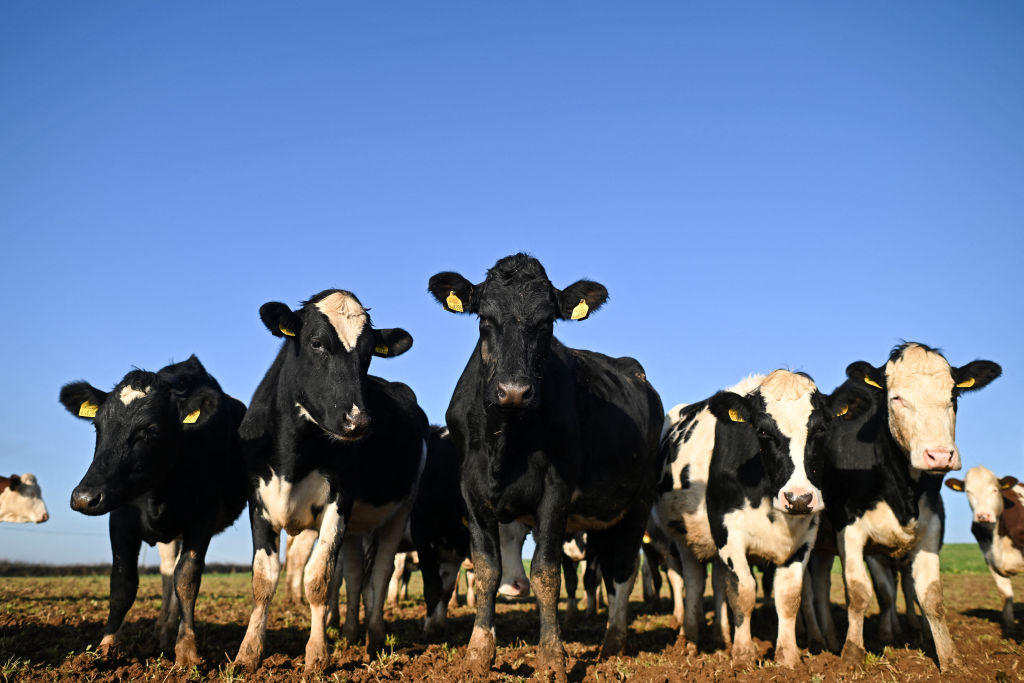Yesterday it was a court ruling to invalidate licences for oil and gas extraction in the Rosebank and Jackdaw fields. This morning comes another perverse consequence of Britain’s legally-binding net zero target. Environment Secretary Steve Reed is to announce that he intends 9 per cent of farmland in England to be taken out of production in order to help achieve net zero carbon emissions by 2050. This continues a rewilding programme set up by the last government.
From the point of view of achieving the net zero target it makes perfect sense; in fact it would make even more sense to take 100 per cent of farmland out of production and turn it over to woodland, fenland or whatever it naturally wants to be. That would eliminate all carbon emissions from farming, either from disturbance of the soil, use agricultural machinery or belching cattle. While we would then of course have to import all our food, the emissions from producing this would then appear on other countries’ carbon budgets. Britain could boast of having ‘set an example’ to the rest of the world.
But the planet, needless to say, would not have benefitted one jot. On the contrary, farmers in other parts of the world would still be spewing out carbon in the name of producing food for UK consumers – and there would be extra emissions involved in the transport of large quantities of food to Britain which are currently produced here. That is the stupidity of setting a net zero target which only covers territorial emissions – those physically emanating within Britain itself. The perverse incentives which this creates have been obvious from the start, when the Climate Change Act was first passed in 2008, and yet the government continues to overlook the issue when formulating policy.
Food security continues to lose out to energy security in government policy – with wind and solar farms taking priority over food production. Yet the government is failing on both counts. In 1984, UK food self-sufficiency – the ratio of food consumed in Britain to that consumed, disregarding that some food is exported and other food imported in its place – reached a post war peak of 78 per cent. In 2024 it stood at 62 per cent. Very little of this fall, in truth, can be attributed to wind and solar farms – it was mainly a product of EU set-aside, followed by the reform of the Common Agricultural Policy two decades ago which meant that farmers no longer received subsidies for producing food, but simply for owning land. The loss of land for rewilding and green energy projects will become a much bigger factor in future.
Yet the wind and solar farms aren’t doing much for UK energy security, either. Until the construction of the first subsea interconnector in the early 1980s, Britain necessarily had to generate all its electricity. Last year, we imported 16 per cent of our electricity via subsea cables – a proportion which has grown rapidly in the past decade as coal-fired power stations have been closed and not replaced with a reliable form of power. As for gas, two decades ago Britain was self-sufficient. Now, we import half of what we use. That is mainly due to the working-out of the easy North Sea fields – decline was inevitable. But it is certainly being speeded up by the present government’s policy of refusing new licences for fossil fuel extraction. Green policy is contributing to a loss of security in both energy and food.








Comments